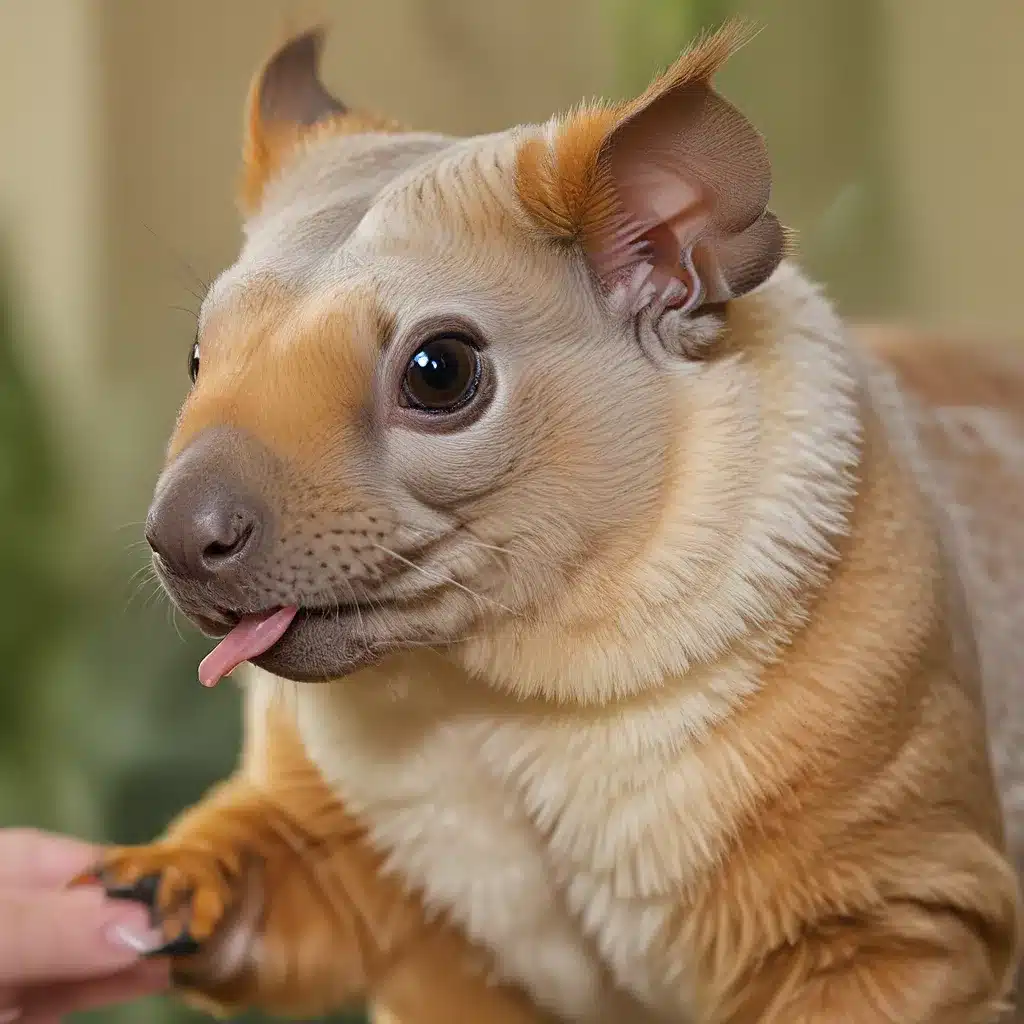
Unleashing the Power of Positive Reinforcement
Ah, the joys of owning an exotic pet! Whether you’ve welcomed a curious cockatoo, a sassy snake, or a flamboyant ferret into your home, you’ve likely discovered the unique challenges that come with training these fascinating creatures. But fear not, my fellow pet enthusiasts – the secret to building positive behaviors in your exotic companions lies in the power of positive reinforcement.
Gaining Insight from the Experts
Recently, I had the opportunity to attend a life-changing workshop on animal training techniques at the Natural Encounters facility in Florida. Let me tell you, it was an eye-opening experience that has transformed the way I approach training my own exotic pets, the Three-Cans.
As I stepped into the workshop, I was greeted by none other than the renowned experts, Steve Martin and Dr. Susan Friedman – a dynamic duo who have dedicated their careers to revolutionizing the world of animal training. These two gurus of positive reinforcement welcomed us with open arms, making it clear from the start that their mission was to empower both the animals and their human companions.
Discovering the Science behind Behavior
During the course, I was immersed in the fascinating science of behavior, learning how to see the world through the eyes of my feathered, furry, or scaly friends. The team at Natural Encounters emphasized the importance of “antecedent arrangement” – setting up our training environments for success by understanding our pets’ perspectives and making adjustments accordingly.
It was a revelation to realize that traditional training methods, which often rely on dominance and punishment, can create trust deficits and erode the bond between us and our companions. In contrast, the Natural Encounters approach is all about building a positive relationship, respecting the animal’s freedom of choice, and harnessing the power of reinforcement to shape desirable behaviors.
Hands-On Experiences with Exotic Pets
As if the lectures weren’t captivating enough, we were given the opportunity to put our newfound knowledge into practice. I had the privilege of training a Trumpeter hornbill named Neo, a bird whose high-energy antics and unique movements were quite different from the toucans I’m used to.
Watching the professional trainers at work, I was amazed by their ability to read the subtle cues of their animal partners and adjust their training strategies on the fly. They never forced themselves upon the birds, always waiting patiently to be invited into their space. This level of respect and understanding is truly what sets their approach apart.
Applying the Lessons at Home
Now that I’ve returned home to the Three-Cans, I’ve been eager to implement the techniques I learned at the workshop. One of the most significant takeaways for me was the importance of “antecedent arrangement” – ensuring that my training environment is set up for success.
I’ve made small but impactful tweaks, such as adjusting the placement of perches, optimizing lighting, and minimizing distractions. The results have been nothing short of remarkable. My feathered companions have become more responsive and engaged during our training sessions, and I can see the trust between us growing stronger with every positive interaction.
Embracing the Joys of Exotic Pet Ownership
Owning an exotic pet is indeed a unique and rewarding journey, filled with both challenges and triumphs. But with the right training techniques, grounded in the principles of positive reinforcement, you can unlock the true potential of your feathered, furry, or scaled companions.
So, my fellow exotic pet enthusiasts, I encourage you to embrace the power of positive reinforcement and embark on a journey of discovery with your beloved pets. Who knows, you might just find that training your exotic friend is as much of an adventure as owning one in the first place!
Golden Exotic Pets – where the bond between you and your exotic pet knows no bounds.

